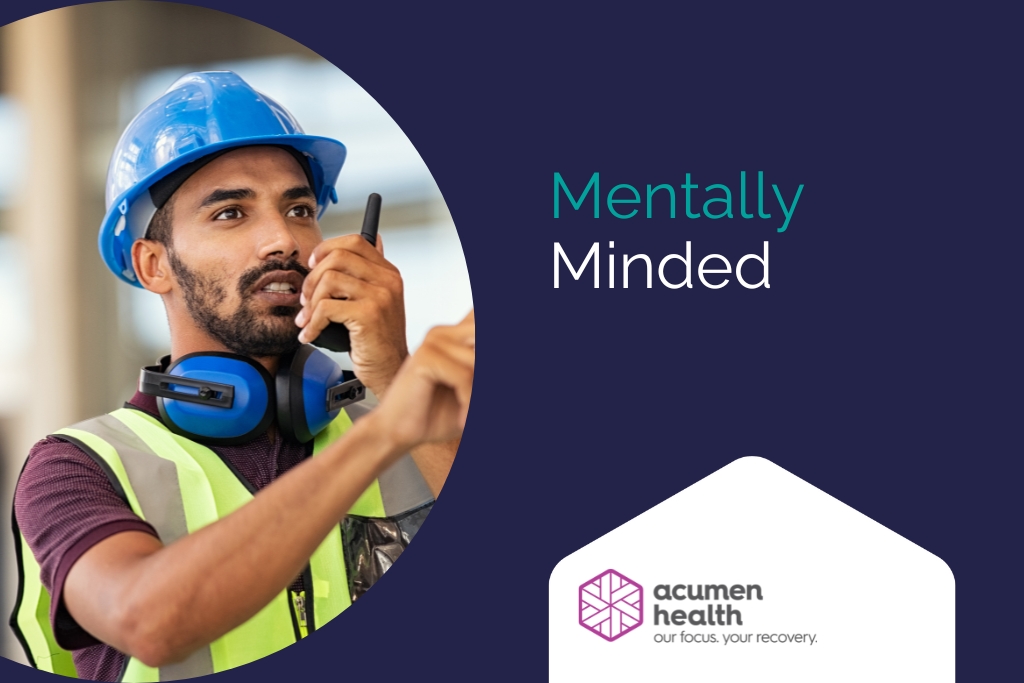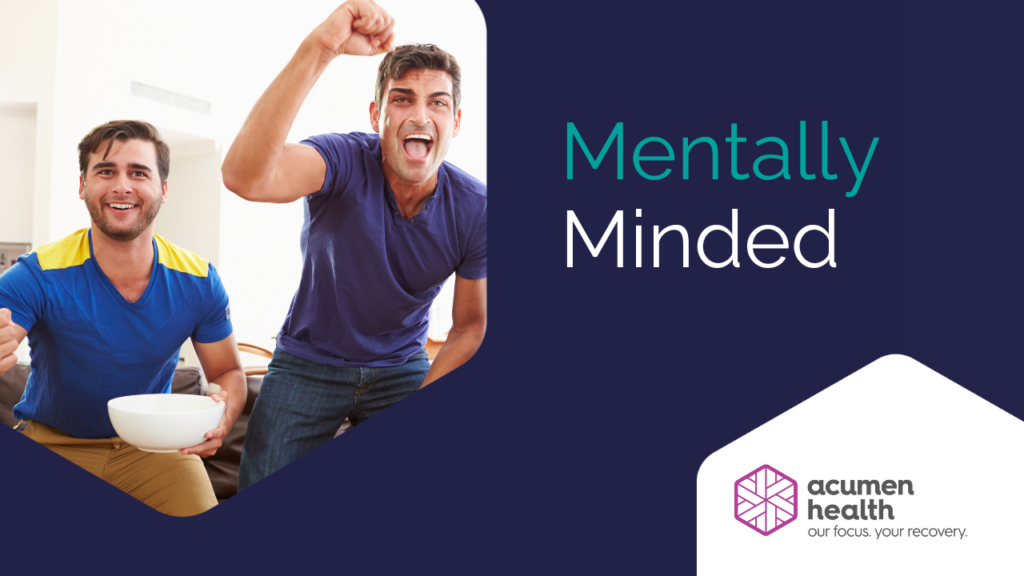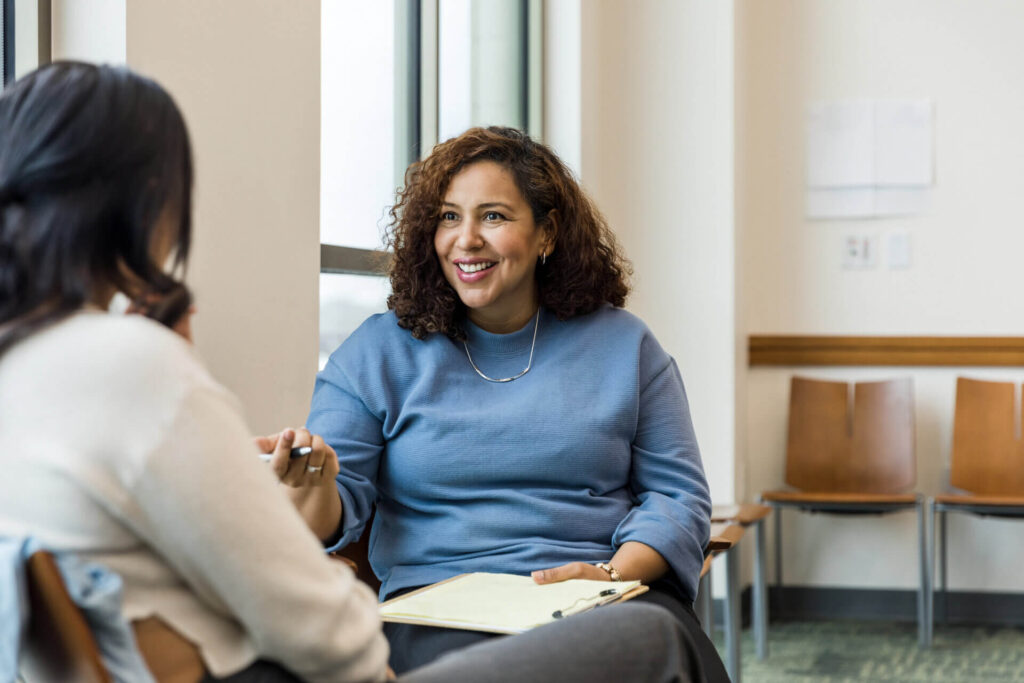April 2023
Many of us enjoy a drink now and again.
Many people will take prescription drugs like opioids for medical reasons.
When a person can no longer control their need for or consumption for a substance (illegal or not), it can cause injury, along with medical, personal, and professional issues.
The misuse of substances can result in serious harm, even death – both of which are preventable.
What is substance use disorder?
A substance use disorder (SUD) involves using too much alcohol, tobacco, legal or illegal substances.
According to Healthdirect, it can also be called substance abuse, substance dependence or addiction.
Substances, illegal and legal, can affect a person’s brain and behaviour with the effects ranging from moderate to severe.
People with substance use issues can be more likely to experience mental health issues.
For people who have been identified to have both, they can receive a dual diagnosis.
However, in some cases it can be difficult to ascertain if or how one preceded the other.
What are substances?
Headspace defines a substance as anything that is ingested in order to produce a high, alter one’s senses, or otherwise affect mood, perception, and consciousness.
The Diagnostic and Statistical Manual of Mental Disorders, fifth edition, text revision, often called the DSM-5-TR, identifies 10 separate classes of drugs which can result in substance use disorders:
- Alcohol
- Caffeine
- Tobacco
- Cannabis
- Hallucinogens
- Inhalants
- Opioids
- Sedatives
- Hypnotics, or anxiolytics
- Stimulants (including amphetamine-type substances, cocaine, and other stimulants)
- Other substances, known or unknown, can also cause addiction

Understanding the impact
Approximately one in 20 Australians lives with an addiction or substance abuse problem.
It is most common in young people aged 16 – 24, headspace has found.
While mental health issues and substance use issues can be mutually diagnosed, there has been no causal link established between them according to the Australian Institute of Health and Welfare (AIHW).
To learn more about substance use and substance use disorders, here’s five things to know:
1. Alcohol is the most widely used drug in Australia
And the most prevalent users are young people.
In Australia, research by headspace found 12.7% of people aged 16-24 are estimated to have a substance use disorder.
More young men than young women (around 16% of males and 10% of females) were found to have substance use issues.
Harmful use of alcohol was the most reported substance use disorder.
2. The issues don’t just come from illegal and illicit substances
When we think of harmful drug use, we usually think of illegal drugs, however, alcohol, prescription and over-the-counter medicines can also be used in harmful ways.
This harm can be magnified when these substances are simultaneously consumed.
According to Addiction Centre, these include (but are not limited to) cough medicines, cold medicines, and motion sickness pills.
The non-medical use of pharmaceutical drugs is a present and ongoing public health issue in Australia.
Statistics from the Royal Australian College of General Practitioners (RACGP) show regular annual increases in overdose deaths from pharmaceutical and illegal drugs.
Similarly, the AIHW has found alcohol-induced deaths reached a 10-year high in 2021 (1,559 deaths), an increase of 7.4 per cent from 2020.
3. Addiction can be a difficult to talk about
Substance use disorders and addiction are complex conditions.
It can be hard to know how to start a conversation if you’re worried about someone – but there are ways to communicate effectively with your loved one.
Some tips from Footprints to Recovery:
Do’s
- Be clear and upfront
- Give them space to respond
- Set and enforce boundaries
- Take action alongside them
- Take advantage of a time when you are both clear-headed to talk
- Educate yourself
Don’ts
- Ignore the issue
- Enable
- Give ultimatums or threats
- Discuss concerns when they are under the influence, or their emotions are running high
- Blame them or yourself
4. How to support a loved one with substance use issues
Sometimes people we love will misuse substances to mask symptoms they’re experiencing, such as anxiety or depression.
While this may mask symptoms, it is likely they will become dependent.
It’s natural to feel uncertain about what you can do to help, while maintaining your relationship.
SANE Australia recommends a number of ways you can support your loved one:
- Keep communication lines open
- Be patient
- Remember relapse is part of recovery
- Educate yourself
- Suggest an appropriate support service
- Set clear boundaries
- Look after yourself
5. What to do in an overdose situation
In any circumstances, a drug overdose is a serious situation.
Whether it’s at home, in public or an external venue, overdoses require immediate medical attention.
It’s important to remember overdoses can be accidental or intentional, and the person may not have a substance use disorder.
Medical intervention can reduce damage to the organs and save a person’s life.
It’s vital to stay calm and find out as much information as you can.
St. John Ambulance recommends following DRSABCD:
- Danger – Check for any danger in the immediate vicinity.
- Response – Check if the casualty is responsive. Ask if they are ok, squeeze their shoulders.
- Send for help – Call 000 for an ambulance, or ask someone else to make the call.
- Airway – Clear any obstruction of the airways and place casualty in the recovery position.
- Breathing – Check for breathing. If they are not breathing normally (less than 2 breaths in 10 seconds), start CPR.
- Compressions – 30 chest compressions followed by 2 breaths. Continue this until help arrives or the casualty recovers.
- Defibrillation – Attach an AED as soon as possible if there is one available.
Sources
- Substance abuse – Healthdirect
- Alcohol, tobacco and other drugs in Australia – the Australian Institute of Health and Welfare
- Substance use assessment and treatment – headspace
- Over-the-counter (OTC) drug addiction, abuse and treatment – Addiction Centre
- Prescription drug abuse – Royal Australian College of General Practitioners (RACGP)
- Supporting someone with substance abuse issues – SANE Australia
- First aid for overdose – St. John Ambulance Victoria
- 7 words that will save a life – the DRSABCD – St. John Ambulance Victoria
The following resource has been provided for informational purposes only. As it does not consider your personal circumstances and needs, we recommend you obtain your own professional health advice to determine how this resource may apply to you.




